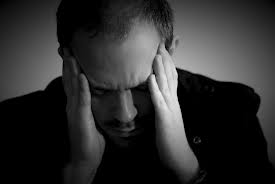Earlier studies showed associations between high blood sugar and depression, but it was not clear whether the Type two diabetes causes the depression, or vice versa. Depression has been found to be twice as common in people with diabetes, and often the depression is much more severe and lasts longer than in non-diabetics. The London researchers looked at glycosylated hemoglobin percentages, (HbA1c), which is a “real” measure of how well blood sugar is controlled, and the mood of the volunteers 2 years later.
4 thousand 3 hundred and thirty-eight older adults were recruited for the study:
- Symptoms of depression were assessed at the beginning of the project and again 2 years later the HbA1c percentage, fasting blood sugar levels, and behavior were assessed at the beginning of the study
- Be sure to read through the next few paragraphs meticulously, the problem and the options have a multitude of versions. After 2 years 11.5 per cent of the participants were diagnosed with depression. The number of diabetics with symptoms of depression increased as the HbA1c percentage increased. People with diabetes had more signs of depression than those with normal blood sugar levels. It was therefore concluded that diabetes and high blood sugar levels had increased the risk for depression 2 years later.
- Your HbA1c level : If you don’t know your HbA1c percentage, now would be a good time to find out. Normal values are below 7. If your level is above 7, then your blood sugar has been too high over the past 3 months.
